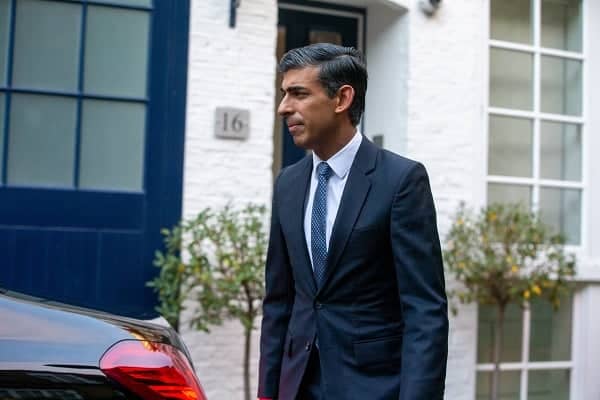Prime minister Rishi Sunak has committed to retaining the state pension triple-lock after earnings growth breached the 8% mark in June.
The ‘triple-lock’ guarantees the state pension rises by the highest of average earnings growth, inflation or 2.5% each year.
Seasonally adjusted pay growth for the three months to July is the figure that counts for the triple-lock, while CPI for the year to September is the key inflation figure.
Tom Selby, head of retirement policy at AJ Bell, comments: “Retirees will be breathing a huge sigh of relief after Rishi Sunak confirmed the government will stick to its state pension triple-lock pledge. We will need to wait for July’s earnings figures to come through to know exactly what this means, but if the 8.2% growth we saw in June is repeated, that would increase the full flat-rate state pension to over £220 per week, or almost £11,500 per year.
“The government’s commitment to the triple-lock no doubt has at least one eye on the general election. Chancellor Jeremy Hunt is the man controlling the purse strings and if earnings growth remains above expectations, he will need to find a few extra billion quid down the back of the sofa. This will inevitably re-open the debate about intergenerational fairness once again, particularly if it pushes the government to increase the tax burden on younger generations.
“A central problem with the triple-lock is that it is a policy without a clear goal as things stand, randomly ratcheting up the value of the state pension in real terms whenever inflation and earnings growth are below 2.5%. It also leaves the government exposed to spikes in inflation or earnings, a flaw which has been brutally exposed in recent years.
“What savers of all ages need from the government is stability when it comes to state pension policy. Ideally, that would come through cross party agreement on how much income the state pension should provide in retirement and how much of someone’s later years should, on average, be spent in receipt of the state pension. Serious consideration should also be given to develop smoothed earnings and inflation measures which can then be used to deliver less volatile annual increases.
“Sadly, there is currently a vacuum of sensible debate on the state pension, with the triple-lock essentially used as a totem for ‘doing right by older people’. It may require another independent review of the state pension to break this cycle and build the foundations of a consensus on what the state pension should look like over the long-term.”








